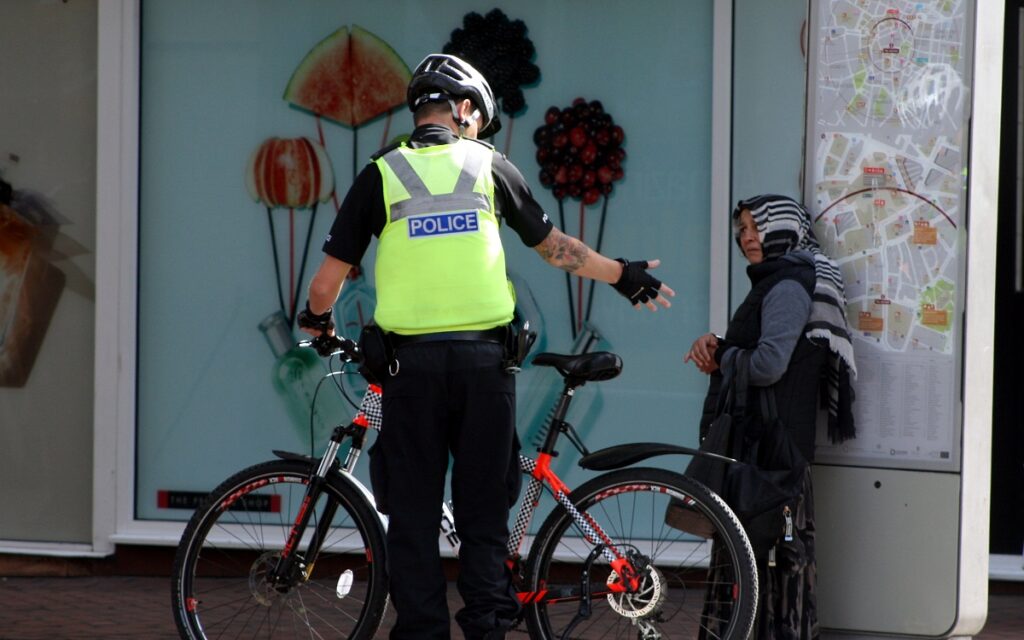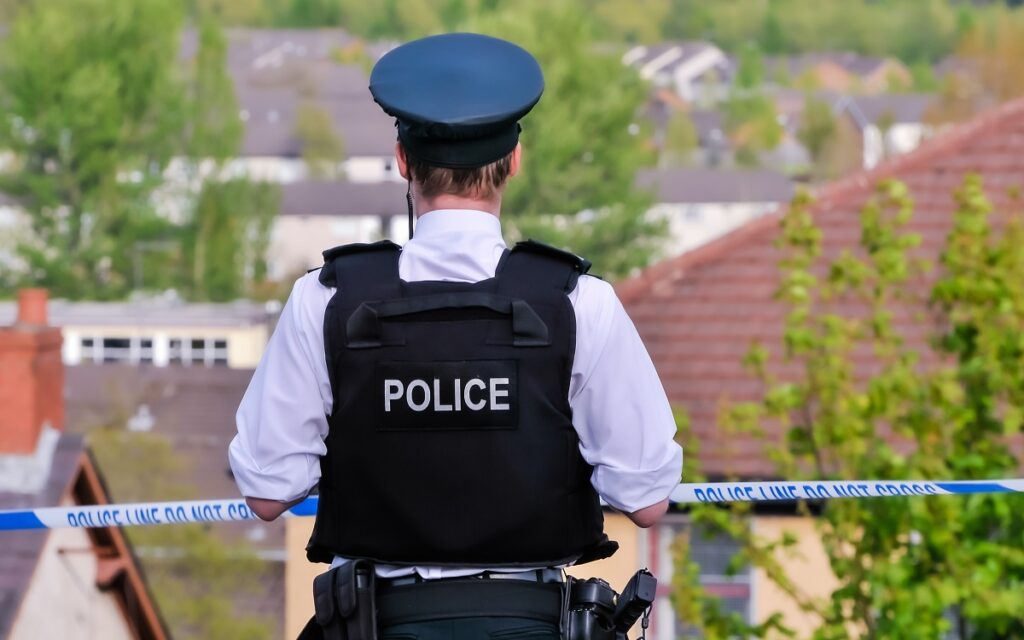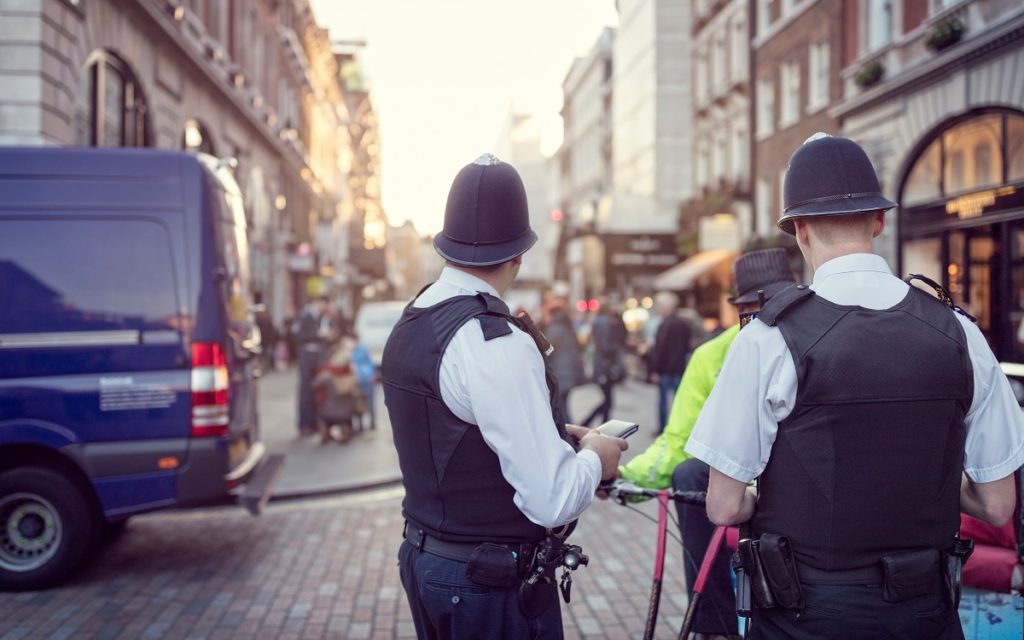The Mental Health and Routine Police Work project will explore how police officers respond to mental health vulnerabilities in routine, ‘everyday’, policing.

The study will involve observing police encounters with people with mental health vulnerabilities, conducting in-depth interviews, and ‘riding along’ with the police in multiple locations and contexts to observe police officers in diverse situations.
A significant proportion of ‘routine’ police work involves people who are perceived to be experiencing mental health vulnerabilities as victims, perpetrators or witnesses. Most research to date has focused on police involvement in mental health crises, however there are a number of areas where the evidence is lacking. This includes a better understanding of how “mental health” is defined, conceptualised and coded by police officers within the lens of “vulnerability”; and the impact of the environment (such as limited community resources, socio-economic factors, crime levels, poor housing stock etc.) on police engagement with people with mental health vulnerabilities.
Within this context, this project will explore:
- How the police understand and interpret mental health vulnerabilities;
- What knowledge, skills and experience they draw upon to inform their response;
- What interpersonal skills they use;
- And how their response varies when working with, or informed by, a mental health professional.
The research team will also interview people experiencing mental distress by investigating:
- How they experience the police response;
- How this varies according to the context or reason for the encounter;
- How ethnicity, poverty, gender and the intersection of multiple disadvantages impact on how police respond to mental health vulnerabilities.
The project aims to address the gap in knowledge regarding ‘everyday policing’ and mental health. It aims to illustrate the techniques, models and intervention methods used by the police when they are dealing with mental health vulnerabilities in the course of their routine work. The ultimate goal is to identify what ‘good practice’ may look like and how this could be replicated.
The team will conduct a scoping review of peer-reviewed literature exploring the ways in which police officers respond to people with mental health vulnerabilities in routine policing. It will then explore routine police practice in encounters with people with mental health vulnerabilities. The team will study the culture and behaviour of police officers by observing them undertaking their everyday work. This involves multiple qualitative methods, including:
- The ‘ride-along’ method where researchers will accompany police officers in the course of their work.
- Non-participant observation methods, in which the researcher will observe police officers and the members of the public, who may have mental health vulnerabilities, as they interact in a way that tries not to attract attention to themselves. The researcher will chat casually with officers following incidents and in the course of their routine work.
- Semi-structured interviews with senior officers, to gain their perspective on officers’ behaviour, responses to people with mental health vulnerabilities, and what they consider to be effective.
- In-depth interviews with people with mental health vulnerabilities about their experiences and perceptions of police response.
Through combining these multiple qualitative methods the study will provide rich data and capture a wide range of examples of police work.
Lead investigators
- Professor Martin Webber (University of York)
- Professor Liz Hughes (Glasgow Caledonian University)
Co-investigator
- Professor Charlie Lloyd (University of York)
Postdoctoral researchers
- Dr Tobias Kammersgaard (University of York)
- Dr Öznur Yardımcı (University of York)


